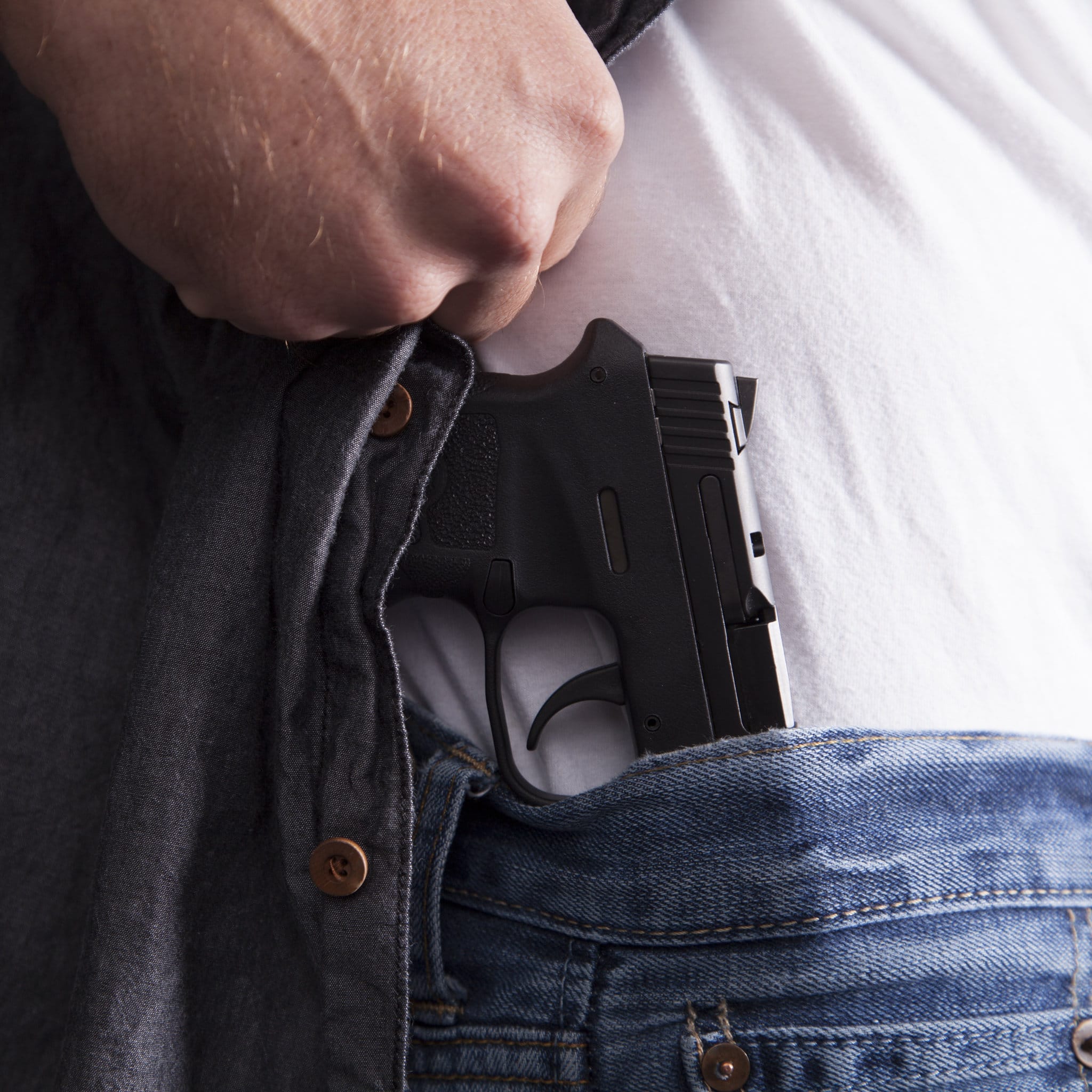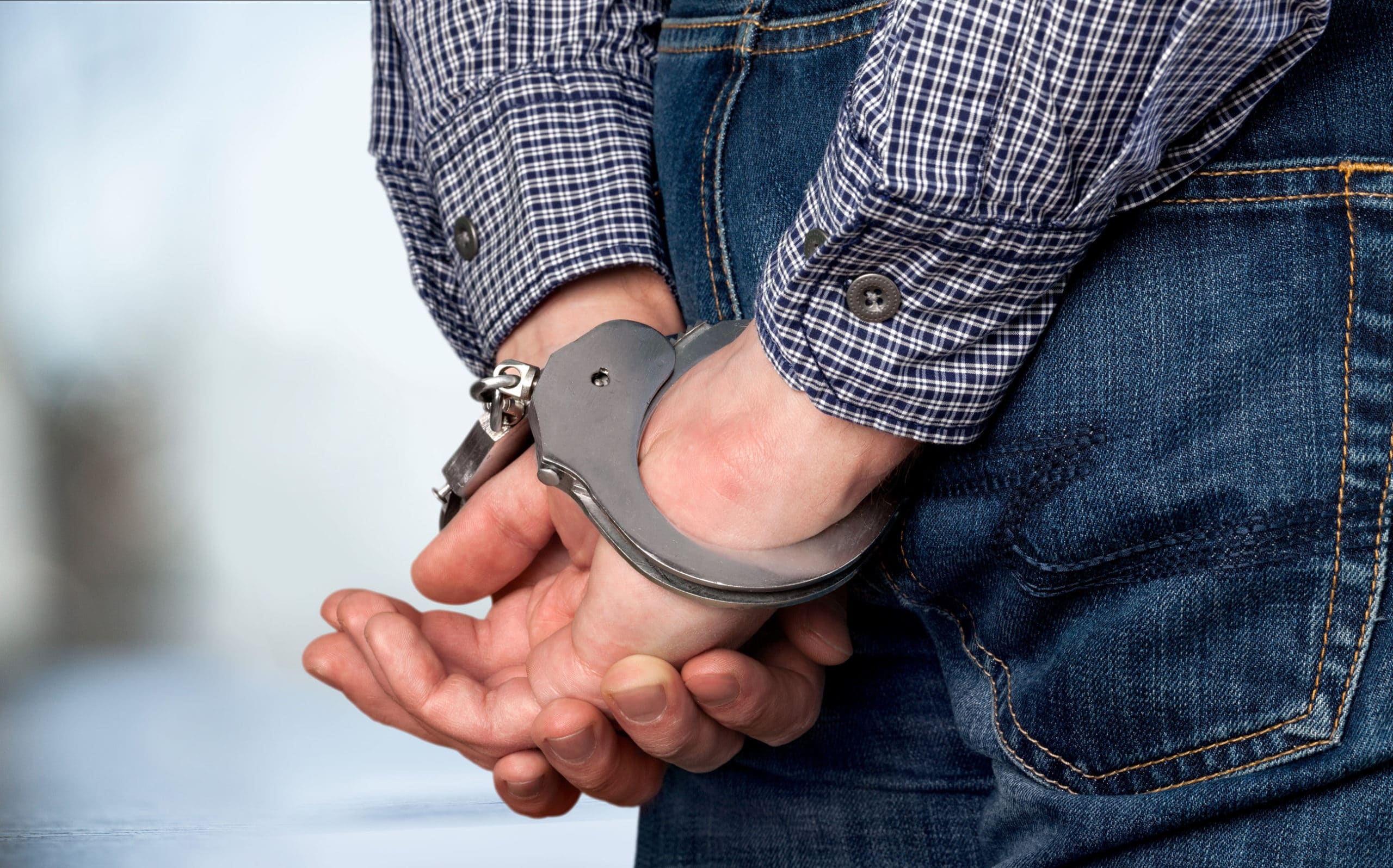Getting charged with a DUI in Colorado is not a great experience. It’s stressful, and can create some major interruptions in a person’s life.
However, DUI charges can be made even more stressful and complicated if you are also charged with another crime in the process. Like, for example, possessing a gun while intoxicated. This is legally known as prohibited use of weapons.
Anyone who is stopped under suspicion of a DUI, DWAI, or DUI per se in Colorado who has a gun in their vehicle may also be charged with prohibited use of a weapon. If you own a gun and keep it in your vehicle, then this is an important law to know about.
Here’s the information you need about DUIs in Colorado, the prohibited use of weapons, and what you should do if you’re pulled over with a gun in the car.
What Is a DUI in Colorado?
In Colorado, driving under the influence of drugs or alcohol is commonly referred to as a DUI. You are guilty of a DUI if you are operating a vehicle with a blood alcohol content of 0.08 percent or higher. It doesn’t matter if you are not impaired while driving, simply having a blood alcohol content above the legal limit is enough to be charged.
If you are below the legal limit, between 0.05 and 0.08 percent, you can be charged with a different crime called driving while ability impaired (DWAI).
Criminal penalties for DUIs can involve jail time, having your driver’s license revoked for a certain period, and even attending alcohol classes or treatment. How many times you’ve been found guilty of a DUI or DWAI factors into your case, as well as the circumstances surrounding the incident, such as what your blood alcohol content was.
Possession of a Firearm and DUI
If you are stopped by police and suspected of driving under the influence, they may search your car. If they find a firearm in your vehicle or on your person, you can be charged with the crime we mentioned earlier: prohibited use of weapons.
It doesn’t matter legally if you had a firearm that was loaded or unloaded. It also doesn’t matter where in the car the weapon was found. Police can levy this charge if a weapon is found anywhere in your vehicle, regardless of whether you have a permit for it or where in the vehicle it was found.
Prohibited use of weapons is a Class 2 misdemeanor. It is punishable by as many as 12 months in prison and fines of as much as $1,000.

What Should Coloradans Do If They Have a Gun When They Are Pulled Over?
If you are pulled over by police under suspicion of a DUI and have a firearm in your vehicle, you need to make sure to comply with everything the officer asks to whatever degree you are capable.
Often they will ask your name and ask you to get out of the vehicle. Cooperate and inform the officer in a calm manner that you have a firearm. There is no duty legally to inform the officer, but it’s probably a good idea to do so.
Instead of simply saying you have a gun, which could come off as threatening, simply tell the officer that you have a license to carry a firearm and have one either on your person or in your vehicle.
Are Colorado Police Allowed to Search Your Vehicle?
Police officers in Colorado must have probable cause to search your vehicle. They can also do it if you give them permission. If they have probable cause or you allow them to search your vehicle, then you should definitely inform them that you have a firearm.

It’s bad enough to be charged with a DUI in Colorado, but it will be a lot worse if you are also slapped with firearm charges on top of that. If this happens to you, it’s a good idea to comply with the officers, but ensure you have an attorney present before you answer any detailed questions about the things for which you are charged.
Remember, you have rights — and one of those rights is to remain silent. It may be in your best interest to ensure you have an attorney present before submitting to any further questioning or else you could make the situation ultimately much worse for yourself and implicate yourself in crimes you don’t have to.
About the Author:
Kimberly Diego is a criminal defense attorney in Denver practicing at The Law Office of Kimberly Diego. She obtained her undergraduate degree from Georgetown University and her law degree at the University of Colorado. She was named one of Super Lawyers’ “Rising Stars of 2012 & 2019” and a “Top 100 Trial Lawyers in Colorado” for 2012-2020 by The National Trial Lawyers. Both honors are limited to a small percentage of practicing attorneys in each state. Additionally, Expertise names her to its lists of the 25 Best Denver DUI Lawyers and 21 Best Denver Criminal Defense Lawyers, both in 2020. Ms. Diego has also been recognized for her work in domestic violence cases.





